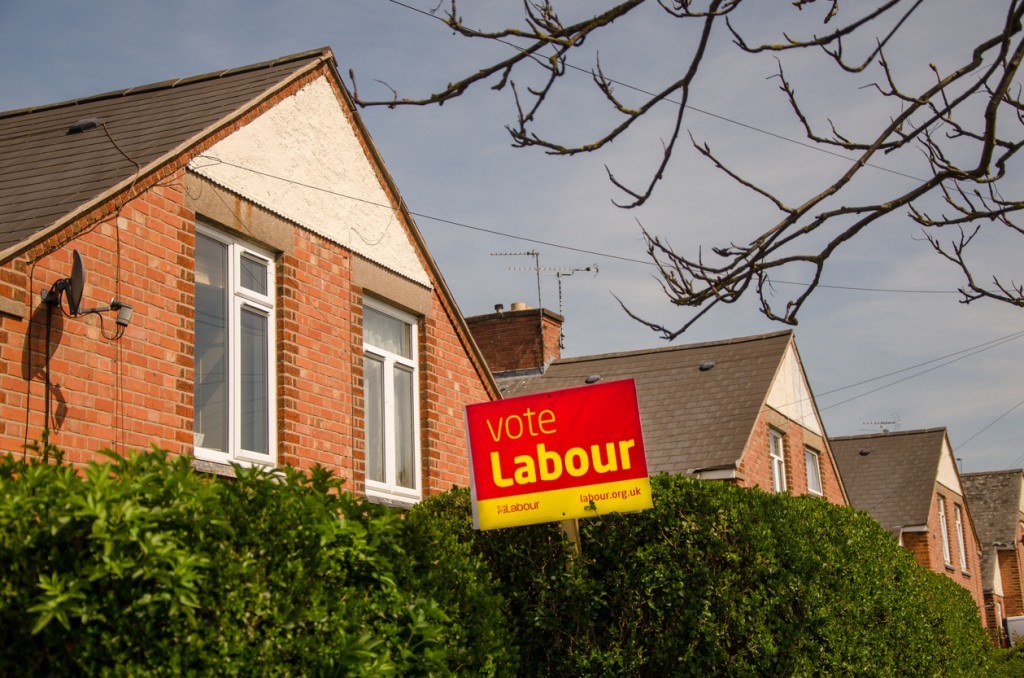Home » Uncategorised »
Trade Union Backs Labour in Election as House Price to Earnings Ratio Hits 8.2
This article is an external press release originally published on the Landlord News website, which has now been migrated to the Just Landlords blog.

Trade union GMB has backed Labour in Thursday’s (8th June) General Election, following its pledges to build more council homes, after research showed that average house prices in England have hit 8.2 times typical earnings.

Trade Union Backs Labour in Election as House Price to Earnings Ratio Hits 8.2
The analysis by the London division of the GMB, based on Land Registry house price figures and Office for National Statistics (ONS) earnings data, showed that in the East of England, the average house price in March 2017 was £277,127, which is a huge 9.2 times the average full-time earnings for the area, of £30,000.
The situation was worst in Three Rivers, where average house prices are 15.9 times typical wages, followed by 15.1 in Hertsmere, 13.6 in Cambridge, 13.4 in St Albans and 12.9 in Epping Forest.
Across England as a whole, house prices were 8.2 times average earnings.
Warren Kenny, the London region secretary of GMB, insists that these statistics show that voters should back Labour in the General Election, due to its pledges to build one-million homes in the next parliament – half of which would be council houses.
Kenny explains: “GMB London region analysis of average house prices to average earnings in the East of England shows that the aspirations of working people on average earnings and below to own their own homes is no longer achievable.
“The Labour Party election manifesto pledges to build one-million homes in the next parliament, with half of them council housing. These figures show that more council homes for rent in all council areas are absolutely essential.”
He urges: “GMB is calling on the electorate in the East of England to get behind their Labour Party candidates in the area to realise this manifesto commitment.
“We have been talking about this problem for far too long. There can be no excuses for not providing housing to people that they can afford to live in on average wages.”
If you’re still contemplating who to vote for, this analysis by eMoov shows which political party has been best for house price growth since 1970: /best-political-party-house-price-growth/




